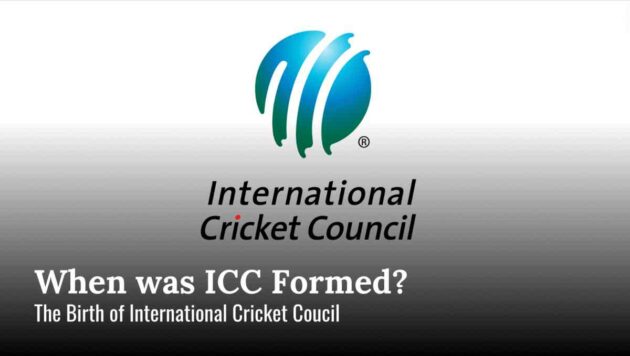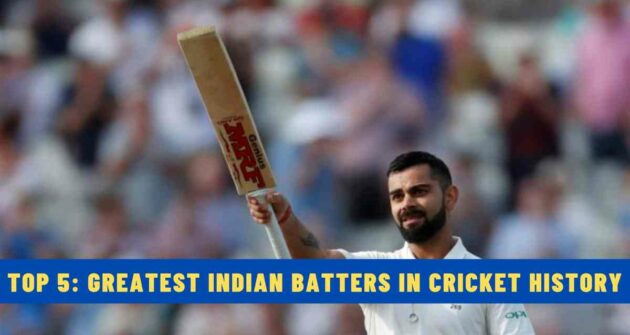ICC, the International Cricket Council is the apex body, that governs the overall running of the gentlemen sport known as Cricket. With its headquarters currently based in the Unted Arab Emirates (UAE), ICC was founded initially as the Imperial Cricket Council in the year 1909, roughly 32 years post the first ever international Test match was played between Australia and England at the iconic MCG.
The newly founded body was represented by members from the then 3 cricketing nations, England, Australia, and South Africa.
Table of Contents
How was it before the formation of ICC?
Before the inception of ICC back in the day, the game of cricket was predominantly governed by the various associations or the boards in which the sport was played. Each of them had their own set of rules and regulations for conducting a game of cricket and basically there was no uniformity. For instance, the playing conditions were diverse, and this includes the shape & size of the grounds were different as was the quality of pitches the game was played in and the type of balls used.
Also, since there was no centralized authority to look after the running of the game, there were discrepancies in the matches played in different countries. A legal rule in one venue could be deemed illegal in the another and as such it was difficult for the sport to expand at the global level.
Efforts taken formulate the International Cricket Council
To eradicate all those above concerns, the present-day ICC was formed. However, it wasn’t such as easy affair and it needed the backing of then cricketing boards to accept this formation. The 115-year governing body got formalized because of the initial efforts of the then South African Cricket President, Abe Bailey on November 30, 1907. He wrote to Francis Lacey, the then secretary of Marylebone Cricket Club (MCC) which formerly had the authority to govern the game about the creation of “Imperial Cricket Council”.
This proposal didn’t get the back of one of the founding members, Australia at first but after much lobbying during Australia’s tour of England in 1909, all three member nations collectively founded the “Imperial Cricket Council” on 15 June in the same year. From then, it is the apex board that is responsible for running the game of cricket Worldwide.
The sport gradually grew
While Test format was played between the sides primarily with the first-ever tri-nation Test series taking place between the sides in 1912 in England. As the sport grew globally, more teams were added to the cricketing family as full-member nations as from 1926 to 1952, teams like India, New Zealand, West Indies and Pakistan were granted full member ICC status.
International Cricket Conference
ICC’s name was rechristened as the International Cricket Conference in 1964 and their most aim was to expand the game beyond the 7 Test playing nations and then to 6 (South Africa getting banned). So during this phase, ICC agreed to include non-Test playing nations to their set-up as associates and this includes now established sides like Bangladesh, Sri Lanka (later 8th team to gain full member status), Netherlands and the lesser known sides like Bermuda, Netherlands, East Africa, Singapore, PNG among others. The next important decision taken during this time is the amendment of basic rules of cricket in 1969 and the idea to organize the World Cup was done in the 1971 meet. The first-ever World Cup took place in 1975 (One Day Internationals) and the rest as we call is history.
International Cricket Council
ICC was renamed the International Cricket Council in 1989 and since then it has remained the same. 4 new Test playing nations were added and the number of members has increased to 108 (including both men and women). In this phase, T20 format was introduced and as of today, the T20I games played between these sides are deemed international status.
Read Next | The Major ICC Events – An Overlook











